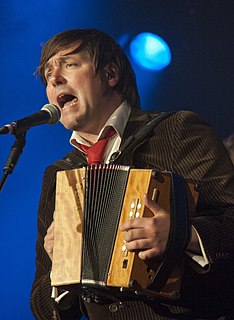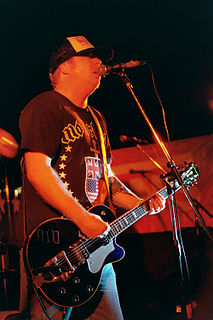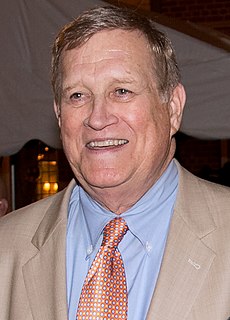A Quote by Natsuki Takaya
I know it's not good to be weak and helpless. But I don't think it's good to be too strong either. In our society, they talk about survival of the fittest. But we're not animals. We're human.
Related Quotes
Traditional folk music is about survival of the fittest song just like evolution is about survival of the fittest organism and generally the more times a song has been passed down the generations the more brilliant and concise it becomes as every link in that chain can add something good or remove something unnecessary.
When I look at birds and animals, their survival is without rules, without conditions, without organization. But mothers take good care of their offspring. That's nature. In human beings also, parents - particularly mothers - and children have a special bond. Mother's milk is a sign of this affection. We are created that way. The child's survival is entirely dependent on someone else's affection. So, basically, each individual's survival or future depends on society. We need these human values.
Valentine had long ago observed that in a society that expected chastity and fidelity, like Lusitania, the adolescents who controlled and channeled their youthful passions were the ones who grew up to be both strong and civilized. Adolescents in such a community who were either too weak to control themselves or too contemptuous of society's norms to try usually ended up being either sheep or wolves- either mindless members of the herd or predators who took what they could and gave nothing.
The law is the survival of the fittest.... The law is not the survival of the 'better' or the 'stronger,' if we give to those words any thing like their ordinary meanings. It is the survival of those which are constitutionally fittest to thrive under the conditions in which they are placed; and very often that which, humanly speaking, is inferiority, causes the survival.
The human mind has a desire to know its place in the universe and the role we play in the tapestry of life. This is actually hardwired into our brains, the desire the know our relationship to the universe. This was good for our evolution, since it enabled us to see our relationship to others and to nature which was good for our survival. And it is also what drives our curiosity to understand the universe.
The prevailing move in American society to a permanent war status does more than promote a set of unifying symbols that embrace a survival of the fittest ethic, promoting conformity over dissent, the strong over the weak, and fear over responsibility, it also gives rise to what David Graeber has called a "language of command" in which violence becomes the most important element of power and mediating force in shaping social relationships.
There is this thing called the university, and everybody goes there now. And there are these things called teachers who make students read this book with good ideas or that book with good ideas until that's where we get our ideas. We don't think them; we read them in books. I like Utopian talk, speculation about what our planet should be, anger about what our planet is. I think writers are the most important members of society, not just potentially but actually. Good writers must have and stand by their own ideas.








































